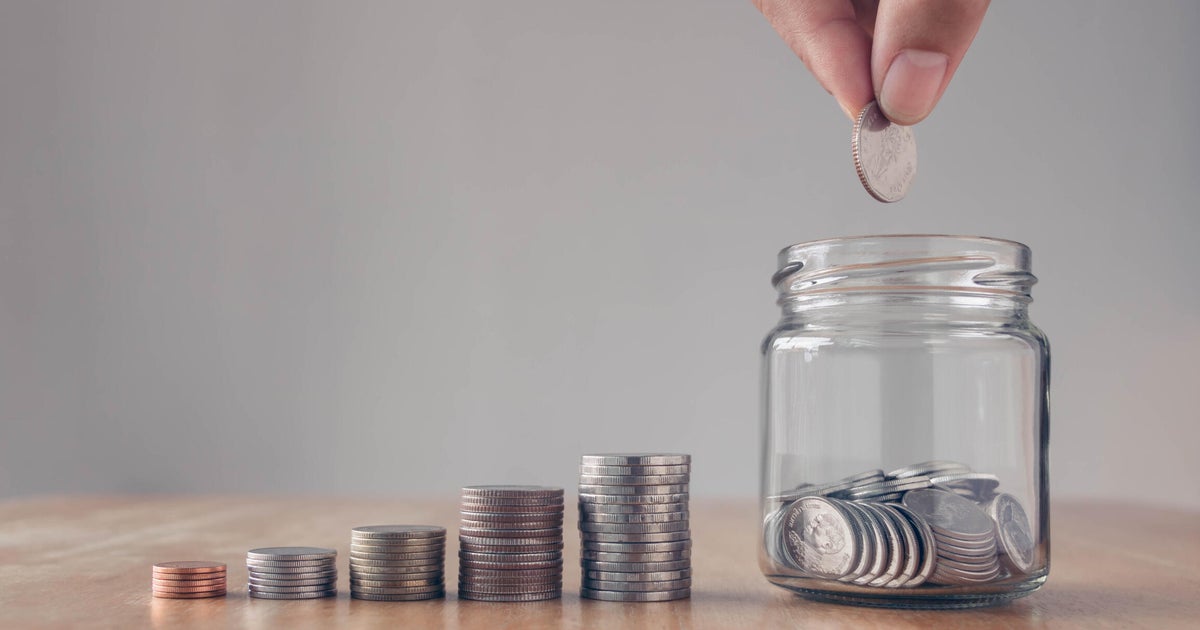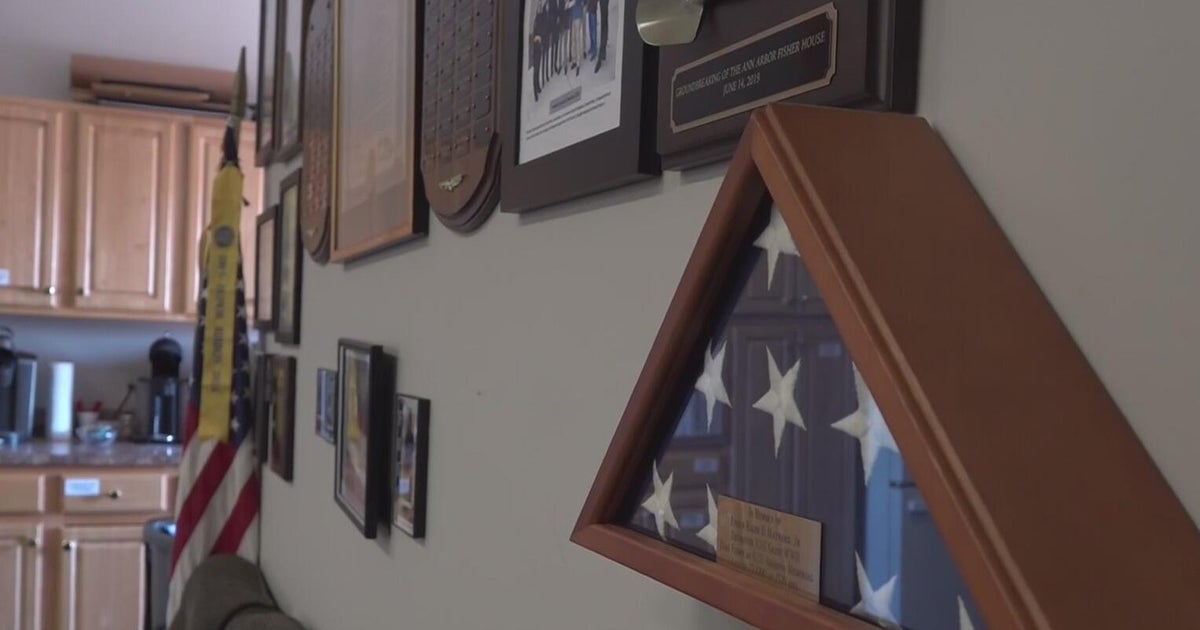5 signs you may qualify for credit card debt forgiveness
If you carry credit card balances from month to month, the debt you owe may become overwhelming. After all, the high interest rates that credit cards can come with make credit card debt difficult to pay off.
When that happens, it can be beneficial to consider credit card debt forgiveness. While debt forgiveness programs don't completely rid you of your debt, they could reduce significantly the total amount you owe. But how do you know whether you'll qualify for this type of debt forgiveness?
Explore your credit card debt forgiveness options now.
5 signs you may qualify for credit card debt forgiveness
Credit card debt forgiveness programs are designed for people dealing with financial hardship. Here are a few signs that you'll qualify for a credit card debt forgiveness program:
You rely on credit cards to pay for everyday expenses
"If you find you are relying on credit cards to pay for everyday life and/or are only able to make the minimum payment each month, then debt forgiveness might make sense," says Krisstin Petersmarck, investment advisor representative at Bridgeriver Advisors.
If you get in the habit of using your credit card to pay for everyday expenses, it can cause your balance to grow over time. And, as your credit card balance grows, so will your minimum payments.
Should this cycle continue, your minimum payments could eat into your paycheck, leading you to continue using your credit card for daily expenses. Over time, this could lead to maxed-out credit cards, high credit card payments and an inability to cover your daily expenses.
If that pattern seems familiar, it might be time to reach out to credit card debt forgiveness experts.
Get in touch with a credit card debt forgiveness expert today.
You feel financially stressed
"Additional signs may include your credit score going down and you are feeling financially stressed," says Petersmarck.
"If you find yourself constantly juggling payments, falling behind on other financial obligations or feeling trapped by mounting debt with no clear resolution in sight, it's likely time to consider seeking debt forgiveness options," Justin Stivers, financial advisor and founding attorney at Stivers Law agrees, says.
You're receiving collection calls and notices
"If you are receiving collection notices and phone calls about your debt, then debt forgiveness is probably best," says Petersmarck.
If your debts are significantly past due, your lenders may be under the impression that what you owe is a bad debt. This, in turn, could increase the likelihood of them accepting a settlement offer presented by a debt forgiveness professional on your behalf.
You're stuck between paying your bills and building an emergency fund
Borrowers may qualify for debt forgiveness if they are "struggling to make their monthly credit card payments and/or unable to afford emergency costs when they arise," says Lamine Zarrad, founder and CEO of the credit-building tool StellarFi. "It can be difficult to determine if one should pay off their debt or build an emergency fund first, and the answer will depend on one's circumstances."
Having to choose between paying your bills or saving for an emergency fund is an indicator that you may qualify for credit card debt forgiveness.
"The inability to pay toward either one is a sign that your debt is no longer manageable and will likely only compound with interest, which will only result in higher debt owed," Zarrad says.
How to prepare for a debt forgiveness program
If you're experiencing any of the signs mentioned above, it may be time to reach out to a credit card debt forgiveness program. And, to streamline the process, it can help to get prepared. Start by:
- Understanding your debts: List your debts, including all current balances, interest rates and minimum payments, to get a better understanding of what you owe.
- Understanding your budget: Determine how much money you have available to pay toward your debts. This is important information for the debt forgiveness expert, who will use it to help create an affordable payment plan.
- Preparing your documents: If you decide to enroll in a debt forgiveness program, it can help to have the following documents handy: your most recent credit card statements, information on your bank account and routing number and a state-issued ID.
The bottom line
If you're having a hard time making your minimum payments, it may be relatively simple to qualify for credit card debt forgiveness. So, if you're facing financial hardship and don't see a feasible way to pay off your debts in the next few years, consider reaching out to a credit card debt relief service today.




